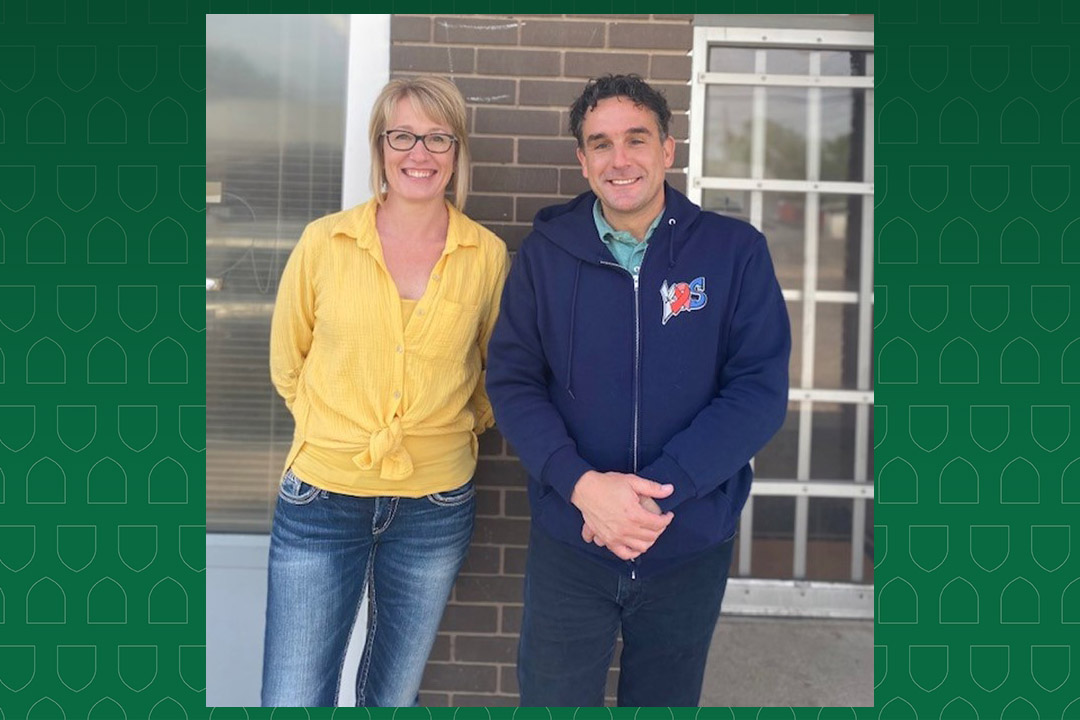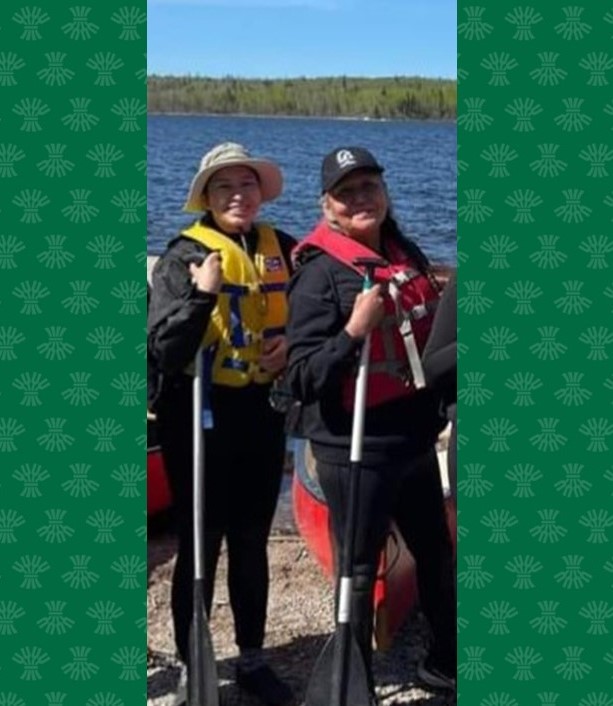
Back to the land: USask Wellness Wheel developing peer mentor network to address community health needs
The Wellness Wheel mobile medical clinic, led by University of Saskatchewan (USask) researchers, is working with peer mentors to identify and effectively address community healthcare needs, ranging from diabetes to HIV.
By Amanda SymynukPeer mentors are people who help support people who are living with, or have lived with, similar experiences. Mentorship is a proven method of supporting people with substance use disorder.
“We can’t deal with HIV unless we deal with addictions, mental health, trauma, and other health conditions," said Dr. Stuart Skinner (MD), an associate professor at USask and lead researcher with the Wellness Wheel.
The USask research clinic has been led by Skinner and registered nurse Susanne Nicolay for the past 10 years. The clinic is also facilitated by nurses, physicians, support staff, and peer mentors.
The Wellness Wheel recently received a $49,580 grant from the Saskatchewan Health Research Fund (SHRF) grant for the project called, “Cultural Care for Additions: A Peer Network Based Approach.”
The SHRF grant will provide training opportunities involving land-based therapy for peer mentors to connect and develop their communication, harm reduction, health education and boundary setting skills.

“(Peer mentorship) work is kind of challenging because I formed many, many connections and you get really close to patients,” said Danita Wahpoosewyan who is a peer health advocate and wellness warrior at the Wellness Wheel in Regina.
Wahpoosewyan works with organizations as a peer mentor. As part of her work, she has provided emotional and cultural support for people while they are in hospital with the goal of helping them stay and finish their care. She also coordinated with other services to help people continue care when they leave the hospital.
Wahpoosewyan and Trisha Campbell -- who is a community research assistant, peer coordinator -- were part of a group of mentors who participated in land-based training as part of the Cultural Care for Addictions program.
In June, the group canoed and camped as part of land-based therapy near Missinipe, Sask. Land-based therapy, and getting back to nature, is one of the ways that peer mentors are connecting their networks so they can continue to make a difference in healthcare outcomes.
“That trip is going to start a ripple effect,” said Campbell. “When one of the peer (mentors) posted their video of them going down the rapids their friends said, ‘I want to do that, I want to get involved.’”
“Land-based therapy is a step in the right direction,” added Wahpoosewyan. “As Indigenous people, we have had a lot of trauma in our lives. People enjoy getting back on the land; you're connected to Mother Nature and to everything.”
Land-based therapy experiences also test the peer mentors’ strength and will. At the end of the day, they reflect on their time in nature, building their skills to help their peers, who they mentor, receive life-saving health care and access vital health information.
“It's holistic, so we all we’re treating all the parts of a human: spiritual and physical, mental and emotional aspects of being,” said Wahpoosewyan. “I think this network, that we're going to help create, is going to empower the individuals who have applied to be peer mentors.”
Article re-posted on .
View original article.

